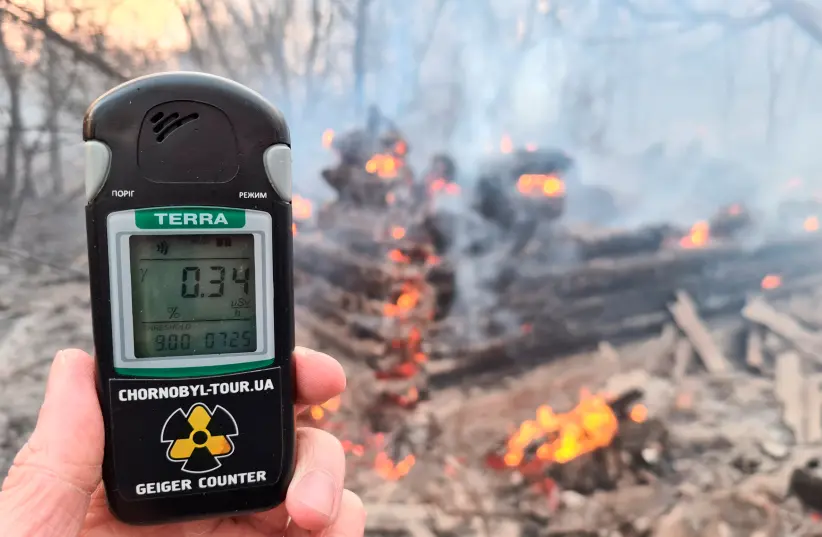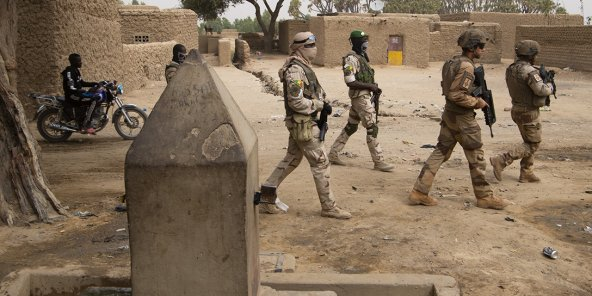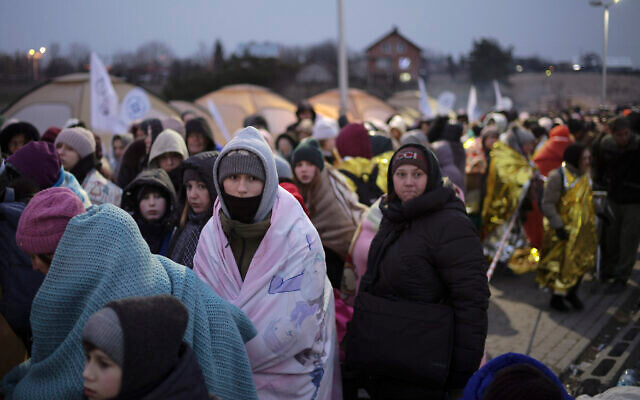French forces kill long-time extremist in Mali amid pullout
French forces in Mali have killed a long-time al-Qaida official active in Algeria and Libya, French military authorities said Monday.
France’s army chief of staff said in a statement that Algerian Yahia Djouadi, who went by the name Abou Ammar al Jazairi, was killed north of Timbuktu Feb. 26 in a ground operation supported by a helicopter and two drones.









